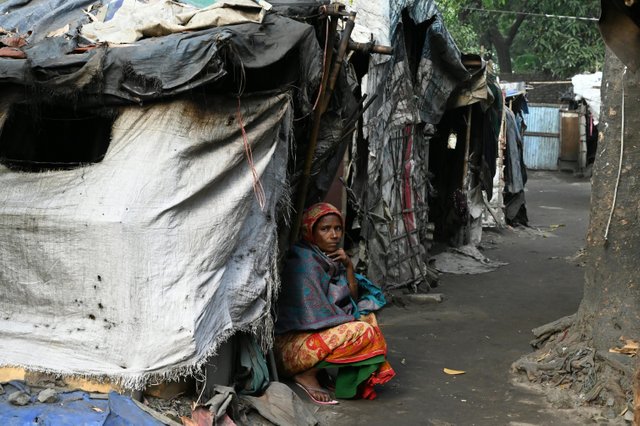
Poverty is often seen as the root of numerous societal problems. When people are trapped in poverty, they are driven by desperation, which can lead to negative behaviors and consequences. With limited access to education, healthcare, and basic needs, individuals may resort to crime, corruption, or exploitation just to survive. This cycle perpetuates inequality, undermines social stability, and increases violence.
Poverty also breeds hopelessness, which can erode moral values. People who lack resources and opportunities may feel powerless, leading them to make choices they wouldn't otherwise consider. Poverty’s pervasive influence can destroy families, foster addiction, and create an environment where survival takes precedence over ethical principles.
Breaking the cycle of poverty is not only a moral obligation but a necessity for building a fairer, more peaceful society. Addressing the root causes of poverty, such as unequal access to education and economic opportunities, is essential to reducing the negative effects that stem from it. By alleviating poverty, we can weaken its grip as the mother of evil, fostering a world where people can thrive with dignity.